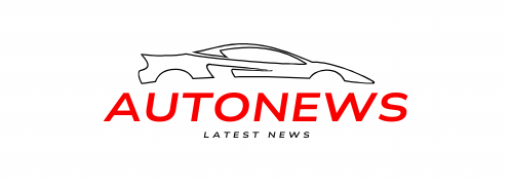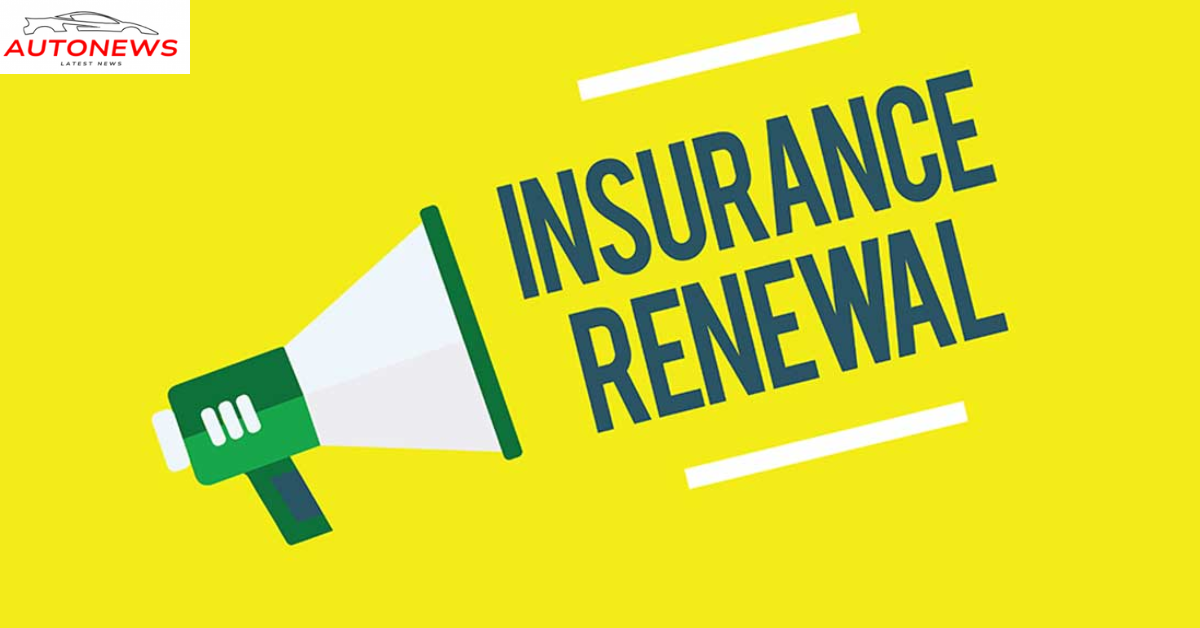Renewing your vehicle insurance policy might seem like a routine task, but it’s far more important than simply ticking a box. Many drivers make the mistake of renewing their policies without evaluating their current coverage, needs, and available options. This can lead to overpaying for coverage or, worse, being underinsured. Whether you’re a seasoned driver or a first-time car owner, understanding what to look for before renewing your car insurance can save you money and stress.
Here’s a detailed guide on the most important things you must know before renewing your vehicle insurance policy.
1. Evaluate Your Current Coverage
Before you hit the renew button, revisit your current insurance policy. Look at the types of coverage included — such as third-party liability, comprehensive coverage, collision, theft, and personal accident cover. Consider whether your current needs have changed. For instance:
- Have you moved to a safer neighborhood?
- Do you drive less than before?
- Has the value of your vehicle depreciated?
Updating your coverage to match your current circumstances can ensure you’re not overpaying or under-protected.
2. Review the Insured Declared Value (IDV)
The Insured Declared Value is the maximum sum your insurer will pay if your vehicle is stolen or declared a total loss. IDV decreases each year as your vehicle depreciates. Some insurers may quote a lower IDV to offer lower premiums, but this can lead to insufficient compensation in case of a total loss.
Before renewing, make sure the IDV is appropriately aligned with your vehicle’s current market value.
3. Compare Policies from Different Insurers
Loyalty is great, but it shouldn’t cost you more. Use online comparison tools to check premiums, coverage benefits, and customer reviews from multiple insurers. Different insurance providers may offer better deals or add-on benefits that your current provider doesn’t.
Shopping around ensures you’re getting the best value for your money.
4. Check for No-Claim Bonus (NCB)
If you haven’t made a claim in the previous policy term, you’re eligible for a No-Claim Bonus (NCB), which can reduce your premium significantly — up to 50% in some cases. Make sure your NCB is correctly calculated and applied at renewal.
Also, if you’re switching insurers, your NCB is transferable. Don’t let your old insurer convince you otherwise.
5. Assess Add-On Covers
Add-on covers offer extra protection but come at an additional cost. Common ones include:
- Zero Depreciation Cover
- Engine Protection
- Roadside Assistance
- Return to Invoice
- Personal Accident Cover for Passengers
Assess whether these add-ons still fit your needs or if any new ones are worth adding. For older vehicles, some add-ons like zero depreciation may not be available or cost-effective.
6. Look at Claim Settlement Ratio
The claim settlement ratio (CSR) reflects how many claims an insurer has settled versus how many they’ve received. A high CSR means the company is more reliable in processing claims. Before renewing, check the CSR of your insurer through IRDAI’s official records or trustworthy sources.
A low premium isn’t worth much if the insurer doesn’t settle claims promptly.
7. Update Your Personal and Vehicle Details
Mistakes in your policy documents can lead to claim denials. Double-check that all your information — such as your name, address, vehicle registration number, engine and chassis numbers — is accurate and up-to-date.
If you’ve made modifications to your vehicle, declare them. Undisclosed changes can affect your claim eligibility.
8. Don’t Miss the Renewal Deadline
Driving with an expired insurance policy is illegal and risky. If your policy lapses, not only do you lose coverage, but you may also lose benefits like your NCB. Some insurers offer a grace period of up to 30 days post expiry, but claims during this time might still be tricky.
Set a reminder to renew your policy at least a week before the expiry date to avoid last-minute hassles.
9. Consider Usage-Based Insurance (UBI)
If you’re a low-mileage driver, you might benefit from usage-based insurance. These policies base premiums on how and how much you drive, using telematics or mobile apps. They reward safe driving behavior with lower premiums.
If your insurer offers this and it suits your lifestyle, it’s worth considering.
10. Read the Fine Print
Lastly, before renewing, thoroughly read the terms and conditions. Know what is covered and more importantly, what is not covered. This includes:
- Exclusions
- Claim procedures
- Deductibles
- Conditions for cancellation or transfer
Being informed now can prevent disputes and disappointments later.
Conclusion
Renewing your vehicle insurance isn’t just a formality — it’s an opportunity to reassess your protection, update your needs, and potentially save money. By being proactive and informed, you ensure that your policy remains effective and tailored to your life. Take the time to compare, evaluate, and negotiate — your future self will thank you in the event of an unfortunate incident on the road.

